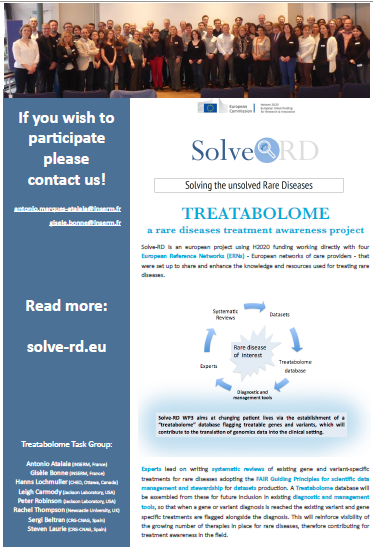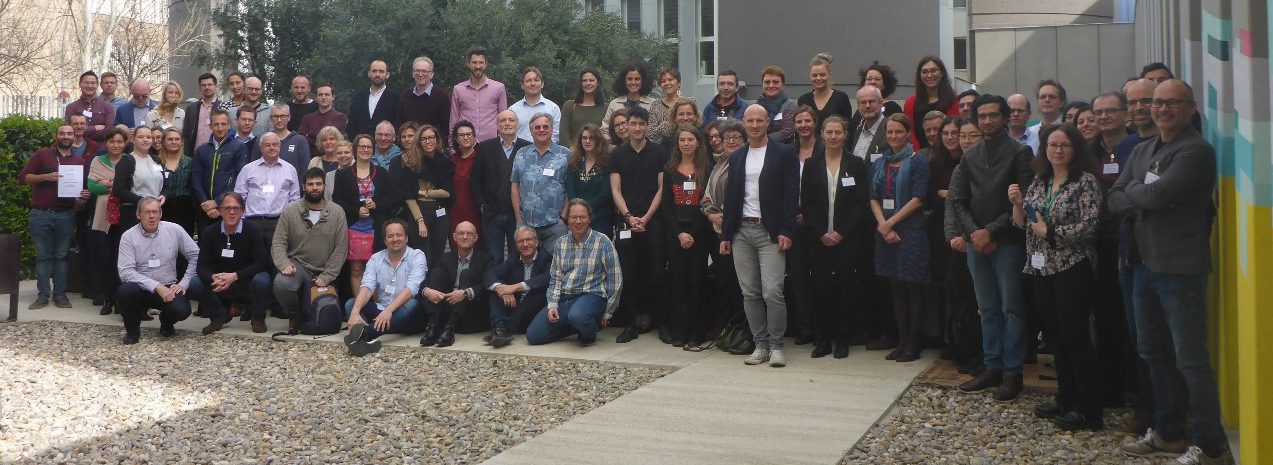5th Solve-RD Brokerage Service Call open!
We announce the 5th call of the Solve-RD brokerage service: All Solve-RD beneficiaries and associated partners can submit a Connection Application by Friday, 25 September 2020.
More information can be found here.



